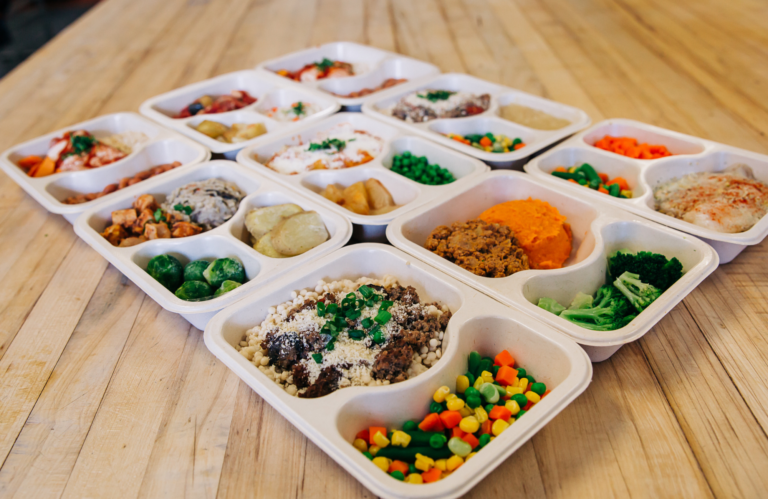By Susan Pagani, Communications Director
A confession: I wish it were possible to spay my mulberry tree. Every year it drops bland berries hither and yon, and it’s impossible to clean them up to anyone’s satisfaction. Outdoor dining is no fun, neighbors revolt, even complete strangers whine, stopping by the back fence to say things like, “You know, it’s okay to cut down this kind of tree.”
But the tree provides shade in the summer and hours of amusement in the fall, when squirrels imbibe the fermented berries in a bacchanalian fury and do a loopy dance across the top of our fence.
Why should they have all the fun? I’m not suggesting one should eat the fermented berries, but in the sorbet recipe below, a dash of fruit liqueur and lemon juice adds all the body and flavor mulberries lack. And if it’s going to rain berries, you might as well get something tasty out of it.
Mulberry Sorbet
(Makes one quart of sorbet)
1 1/4 cups sugar
1 cup water
24 oz. fresh mulberries
2 tbsp fresh lemon juice
2 tbsp fruit liqueur
1. Stir sugar and 1 cup water in small saucepan. Bring to boil over high heat, stirring until sugar dissolves. Boil 1 minute. Transfer syrup to large bowl. Chill until syrup is cold, about 3 hours.
2. Working in batches, puree mulberries with cold syrup in food processor until smooth. Strain into another large bowl; discard seeds. Stir in fruit liqueur and lemon juice.
3. Process berry mixture in ice cream maker according to manufacturer’s instructions. Transfer sorbet to container; cover and freeze until firm, about 6 hours.
4. Serve with a jaunty sprig of mint.
Note: We have also made this without liqueur, instead adding a couple sprigs of rosemary to the simple syrup, which is then strained out with the berry seeds. In that case, an extra tablespoon of lemon juice is also nice. Delicious!

Vote For Open Arms!
Vote for Open Arms as Minnesota’s Best Place to Volunteer! We need your support! Open Arms of Minnesota has been nominated in the MN Fun > Place To Volunteer category in Minnesota’s Best annual best-of contest—and we’d love your vote! Our incredible volunteers are the heart and








